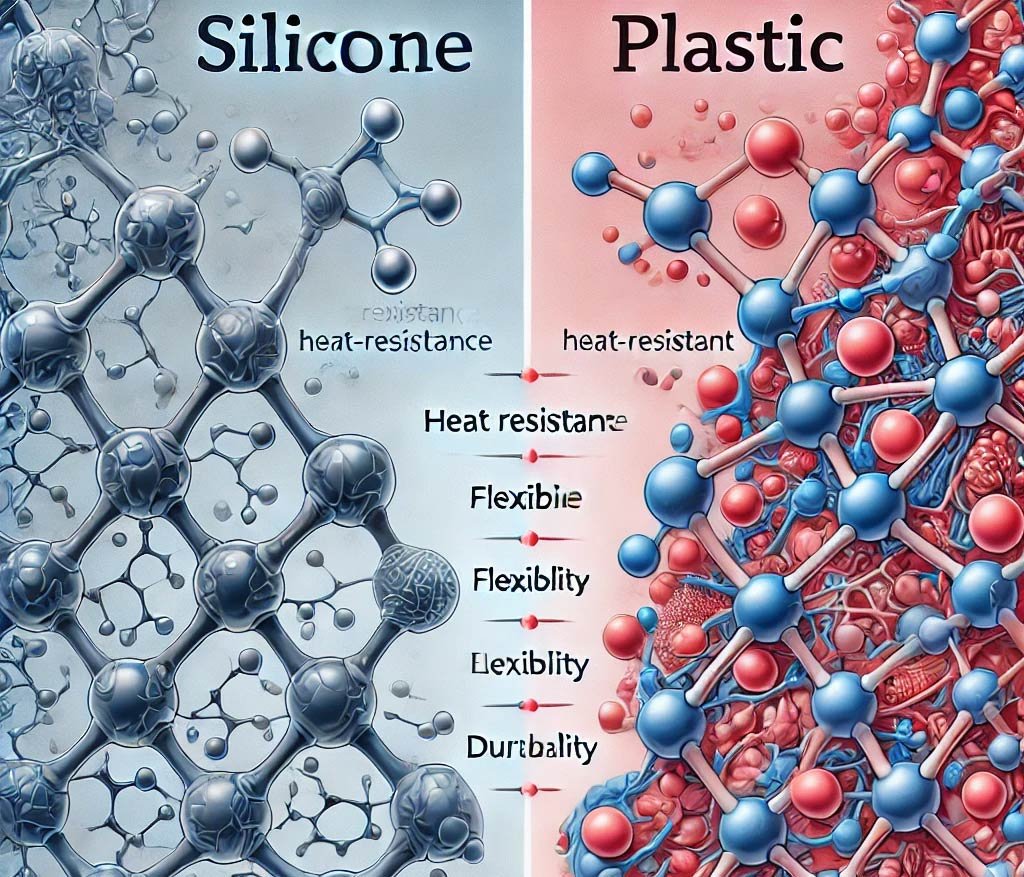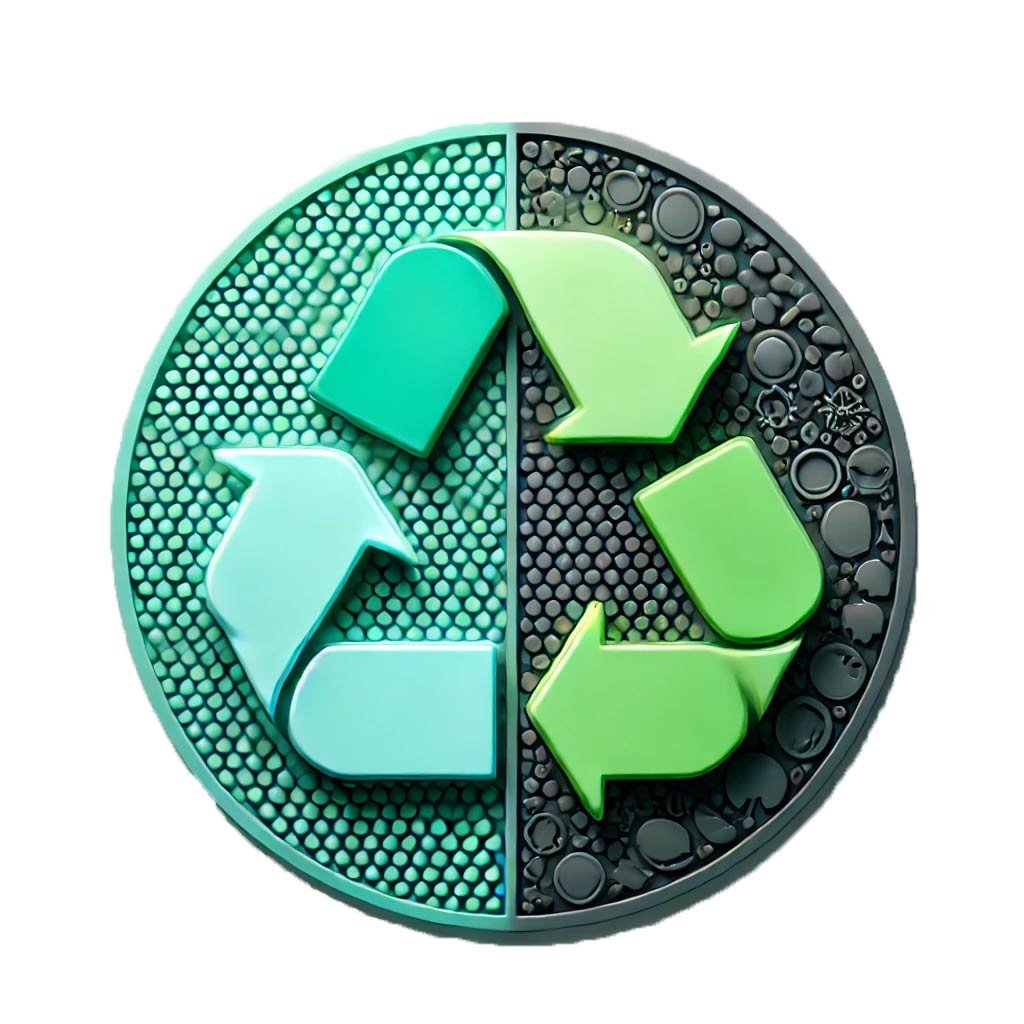You’ve probably heard people refer to silicone as “plastic” before, right? But here’s the thing: Silicone and plastic are not the same, and understanding the difference can help you make smarter choices for your products. Let’s dive in and clear up the confusion.
So, is silicone plastic? The short answer is no. Silicone is a synthetic rubber, not plastic. While both materials are flexible and durable, silicone is made from silicon, oxygen, carbon, and hydrogen. It’s not derived from petroleum like most plastics. Silicone also doesn’t have the same chemical structure as plastic, which is why it performs differently in a variety of applications.
But how does that affect you, especially if you’re in manufacturing or purchasing? Well, the difference isn’t just in the name—it’s in how they behave. Silicone can handle higher temperatures, is non-toxic, and can last much longer than traditional plastic.
Why Silicone is Not Plastic?
The first thing to know is that silicone’s chemical composition is what sets it apart. While plastics are made from polymers derived from fossil fuels, silicone is derived from silica, which is a natural compound found in sand. This gives silicone its unique heat resistance and longevity.

Silicone is also non-reactive and more durable than plastics, which can break down over time due to environmental stressors. That’s why we see silicone used in everything from baby products to industrial seals. It just performs better in extreme conditions, and that’s a key advantage over plastic.
Is Silicone Safer Than Plastic?
If you’re concerned about safety, silicone has the upper hand. Unlike plastic, silicone is food-safe and non-toxic, which is why it’s widely used in kitchenware and baby products. You don’t have to worry about harmful chemicals leaching into food or beverages. Many plastics, on the other hand, contain BPA and other harmful substances that can be dangerous.
So, when it comes to safety, silicone wins hands down. This is a big reason why silicone is so popular in industries requiring high safety standards, like food manufacturing and healthcare.
Can Silicone Be Recycled Like Plastic?
Now, here’s a catch. Silicone can be recycled, but it’s not as easy as plastic recycling. The process is less standardized, and it’s not as widely available. However, the upside is that silicone products can last for years, which means less waste in the long run.
Plastic, on the other hand, is often designed for single-use or has a shorter lifespan. This contributes to the global plastic waste problem. Silicone’s longevity and recyclability make it a more sustainable option in many ways.

Silicone and Plastic in Everyday Life
If you’re in the business of manufacturing or distributing products, understanding the difference between silicone and plastic is critical. Not only does it impact the quality of the product, but it can also influence your customer’s perception of your brand.
Using silicone in place of plastic can position your product as eco-friendly, durable, and safe—key factors that are important to consumers, especially when they’re making purchasing decisions. Plus, the flexibility in customization with silicone can lead to more innovative product designs that aren’t possible with plastic.
Is silicone safe for baby products?
Yes, silicone is an excellent choice for baby products because it’s non-toxic and hypoallergenic. Many baby bottle nipples and pacifiers are made from high-quality silicone.
Why is silicone more expensive than plastic?
Silicone’s manufacturing process is more complex, and it’s made from natural materials. Its durability and versatility add value to the final product, justifying the higher price point.
Can silicone be used in industrial applications?
Absolutely! Silicone is used in industrial seals, gaskets, and other components that require resistance to extreme temperatures and harsh chemicals. Its strength and resilience make it ideal for such tasks.
Conclusion
So, no—silicone is not plastic. It’s a superior material in many ways: safer, more durable, and more environmentally friendly. Whether you’re in manufacturing or just looking to make more informed choices, understanding the unique benefits of silicone will give you an edge over plastic.